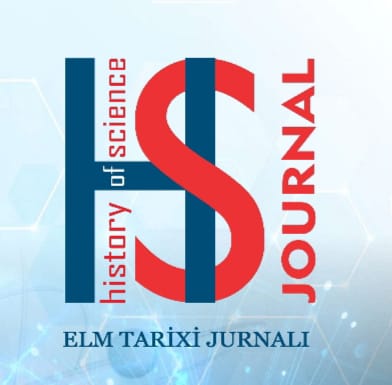The article examines the main tasks of developing Russian speech, types of speech activity, work on the perception of Russian speech in close connection with the studied lexical and grammatical means of the Russian language and active speaking: mastering the norms of literary pronunciation, spelling, word inflection when teaching Russian as a foreign language. The purpose of developing Russian speech in military personnel in Russian as a foreign language classes at a military university is unprepared speech, i.e. speech activity that provides the opportunity for linguistic communication in natural or created situations. Methods for developing monologue and dialogic speech are given. The main tasks that need to be solved in the process of teaching both monologue and dialogic utterance are formulated. At the initial stage, dialogic speech dominates. Students master conversational and etiquette formulas. Microdialogues help to adequately perceive Russian speech in everyday life situations, as well as generate their own statements. Monologue speech is characterized by relative semantic completeness and communicative focus of the statement.
Based on the results of methodological and pedagogical research, the article highlights the problems of the methodology for developing oral and written Russian speech in non-fluent and basic-level students of non-linguistic special-purpose universities. The purpose of the article is to find ways to intensify the process of developing Russian speech in classes of Russian as a foreign language, and to optimize the work of students and teachers. The presented results were obtained in the course of experimental work conducted in various academic groups of students of short-term courses of initial and intermediate levels of studying Russian as a foreign language at the Center of Foreign Languages of the Military Administration Institute.

